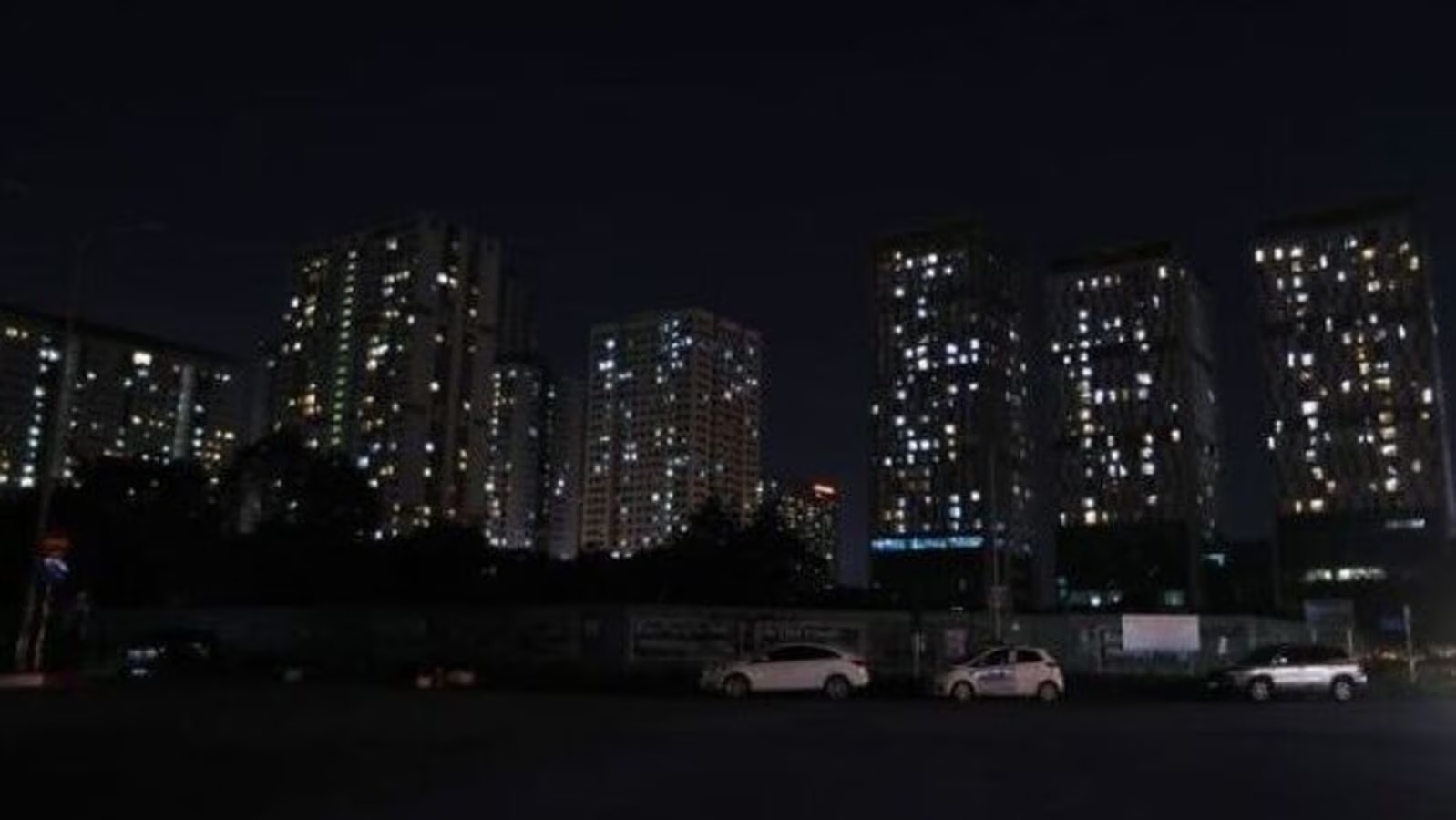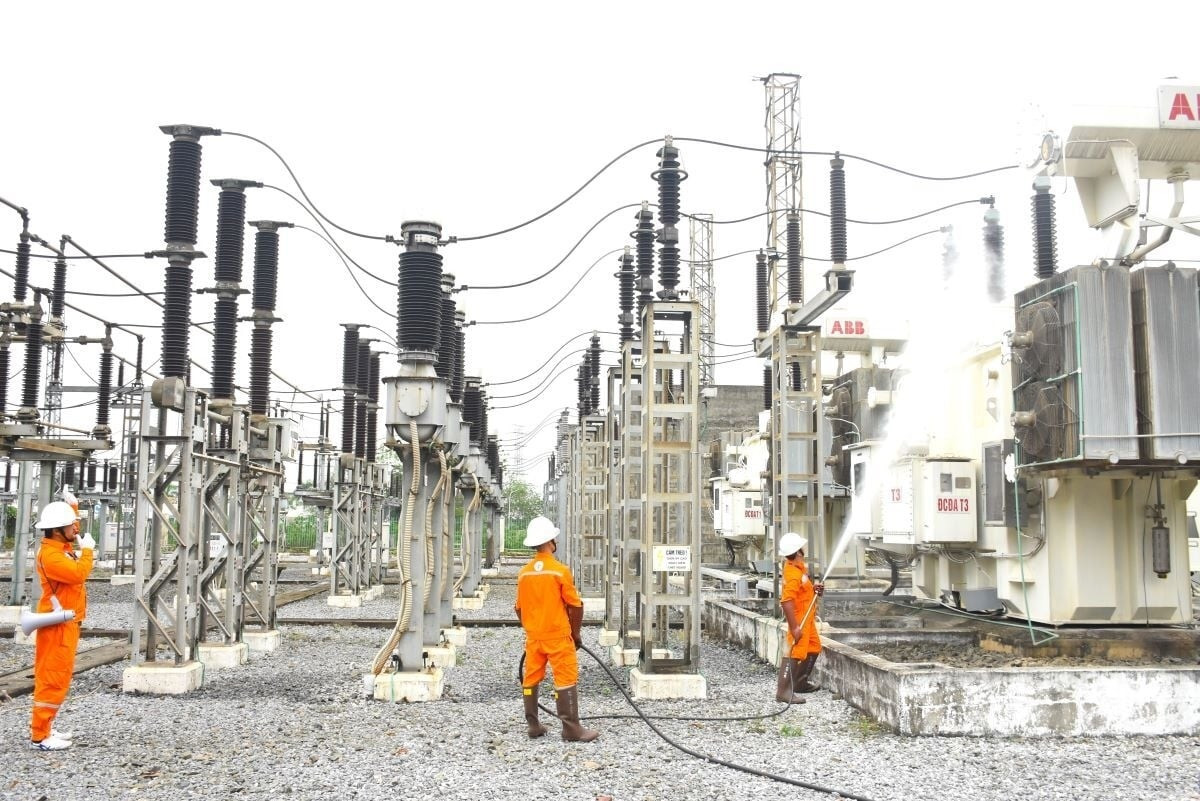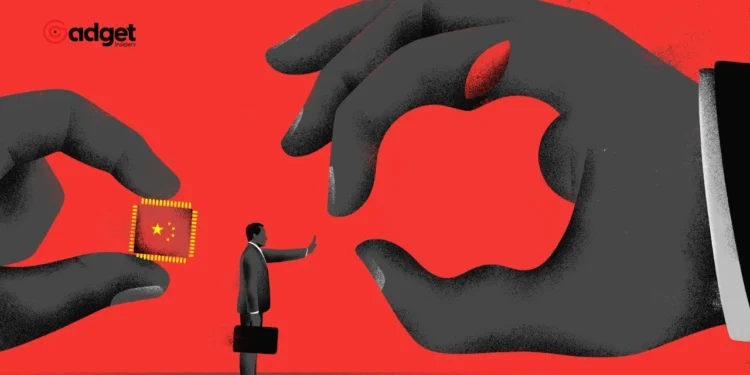As Vietnam grapples with power outages, authorities have approached major manufacturing players like Foxconn, the primary assembler of Apple’s iPhone, to significantly reduce their electricity consumption.
This initiative is part of a broader effort to stave off the kind of severe power shortages that the country experienced last year, which led to substantial economic losses, reportedly surpassing one billion dollars.

Strategic Moves to Curb Power Consumption
In a proactive move, Vietnamese officials have encouraged companies, including Foxconn, to cut power usage by at least 30% at their facilities in the northern regions of the country.
Despite this substantial request, the measures have been categorized as voluntary “encouragements” rather than compulsory mandates, and thus far, they have not impacted production operations, according to company sources.
Vietnam has become a hub for multinational corporations that are diversifying their manufacturing bases away from China due to the ongoing trade tensions. Apple has notably increased its investment in Vietnam, with its supplier network in the country growing from 25 to 35 over the past year.
Addressing the Energy Crunch
Vietnam’s appeal to foreign investors, particularly in energy-intensive industries like semiconductor manufacturing, has been marred by recurrent energy challenges.
A severe heatwave last year exacerbated these issues, leading to significant business disruptions, particularly in the northern regions where major industrial activities are concentrated.

In response to these challenges, Prime Minister Pham Minh Chinh has reassured foreign investors that the government is taking decisive steps to avoid future power shortages. These measures include postponing maintenance on coal-fired power plants to ensure they are operational during the peak demand periods, especially in the hotter months.
Local Authorities Rally for Cooperation
In Bac Giang province, home to several Foxconn facilities where Apple MacBooks and iPads are assembled, local power companies have been vocal in urging industrial parks and enterprises to adhere to the new power-saving directives. The Bac Giang Power Company (BG PC) has highlighted that even slight adjustments in power consumption and production scheduling could have a significant impact on the regional power system.
Despite the voluntary nature of these measures, the seriousness with which they are being promoted suggests a strong governmental push towards sustainable energy use. Authorities across Vietnam are also enhancing their efforts by increasing coal imports and advocating for energy-saving practices among the industrial sector.
Concerns from the Global Business Community
The issue of power stability in Vietnam has caught the attention of foreign business chambers, which in March called for government intervention to ensure a stable power supply. This concern is particularly acute among semiconductor companies, which are wary of potential investment delays due to the risk of power shortages.

Vietnam’s Energy Challenge: Growth vs. Sustainability
As Vietnam continues to attract foreign investment and expand its manufacturing capabilities, the balance between industrial growth and energy sustainability becomes increasingly crucial. The government’s current strategies and the cooperation of multinational companies like Foxconn will be pivotal in navigating the ongoing energy challenges, ensuring that Vietnam remains an attractive destination for global manufacturing giants.









